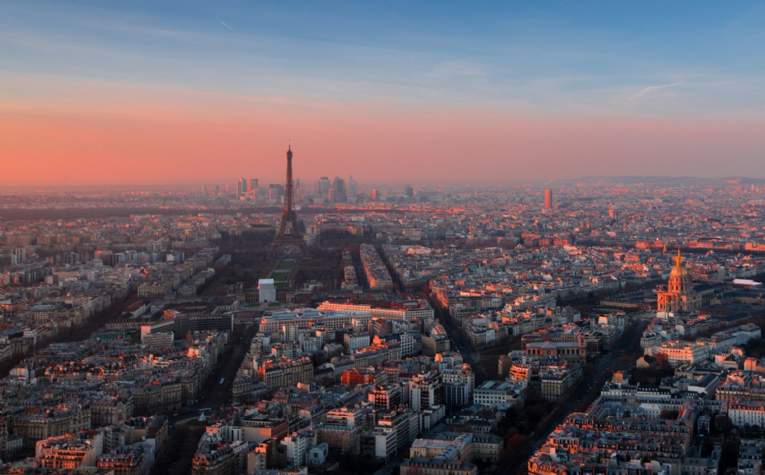Pop-ups have long been an important element of the retail sector, particularly for start-ups and emerging brands as they make their first foray into physical retail. However, what initially started as a trend for these small businesses has gone on to become a £1 billion industry, with the concept now being utilised by big name brands from the likes of Amazon to Louis Vuitton.
The last six months have seen the global retail industry undergo monumental change so it’s no surprise that in today’s challenging market, operators are having to rethink their rental liabilities and store portfolios. With that in mind, it’s likely that we will see a surge in the number of retailers opting for pop-up shops, or stores on leases as short as three to six months, as they balance maintaining a physical retail offering with a drop in consumer footfall caused by the pandemic.
In a retail environment that is operating under significant uncertainty, pop-ups can provide the ideal opportunity for brands to test out a market before committing to a full scale operation, and while this may have originally been the strategy of start-ups, we now expect to see a whole range of retailers making the most of the benefits a pop-up shop can offer. What’s more, with a deluge of retail space coming to the market as a result of Covd-19, there will be a number of properties available for brands to take on more flexible lease terms at lower cost with lower risk.
By its nature, a pop-up shop can be suitable for a whole host of retail and leisure operators and we have already seen the likes of Harrods opening a pop-up at Westfield London to sell summer stock that went unsold at its Knightsbridge store when it was forced to close.
As the concept of a temporary store becomes increasingly commonplace, we can also expect retailers from big tech brands to beauty houses to food and beverage operators taking an increasing volume of short-term space over the coming months to either test out a new location, launch new collections or re-engage with consumers.
Additionally, the blank canvas of a pop-up store also means that it is much easier for a tenant to put in place Covid-friendly measures, such as room for social distancing, as opposed to reformatting a legacy site, and also gives retailers the opportunity to trial new tech platforms as we progress into a new way of shopping in a post-pandemic world.
Inevitably, it will come as no surprise that due to widespread store closures, pop-up stores all but ceased to exist this summer as brands quite literally shut up shop and retreated online. However, the value of a physical store cannot be underestimated and as retailers begin to rationalise their portfolios and focus on the right stores in the right locations, a pop-up shop can be the perfect test bed to ensure that new stores tick those all-important boxes as we enter this new era of retail
Further information
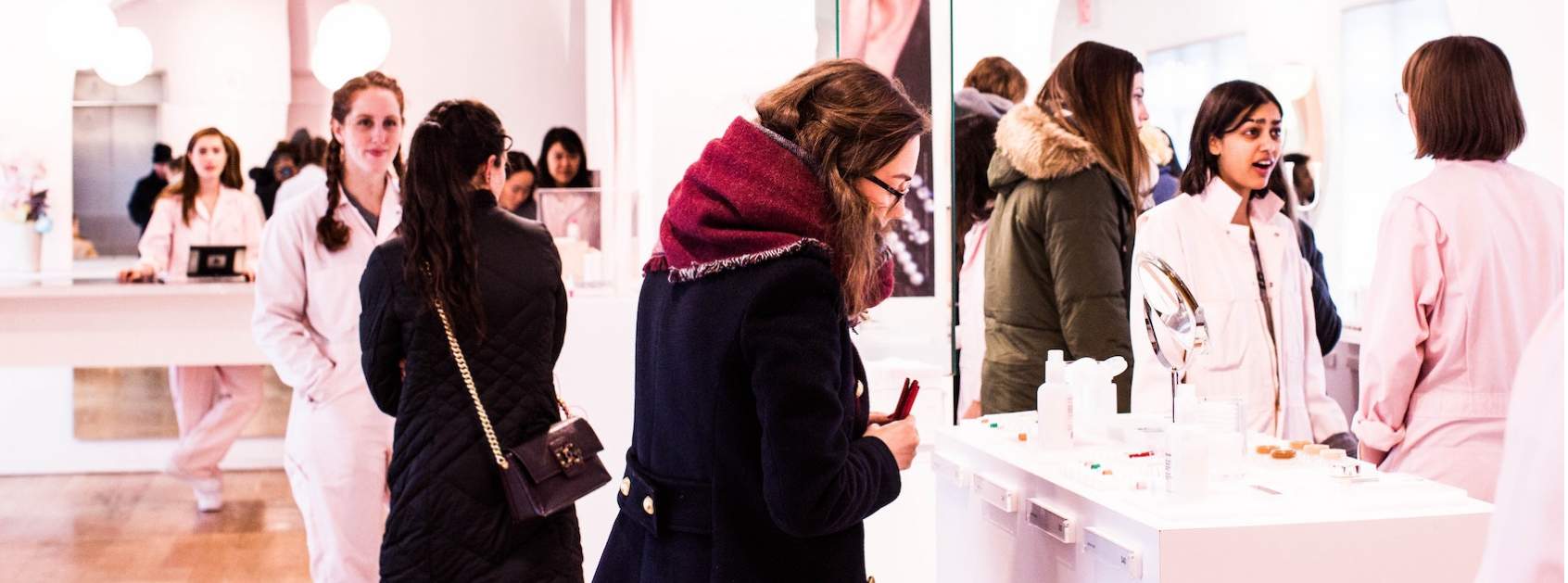
.jpg)


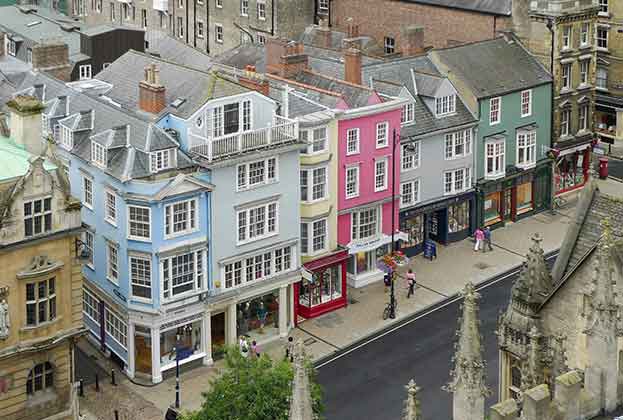
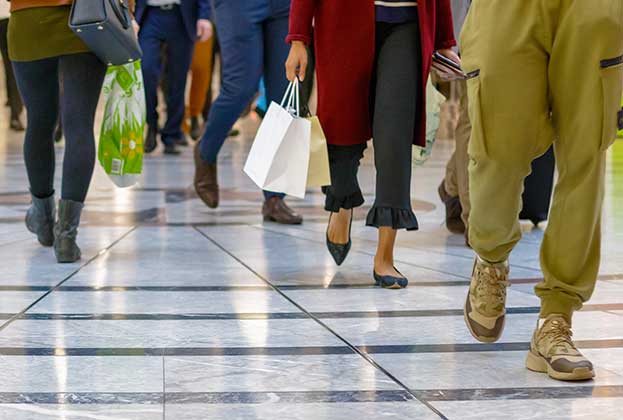
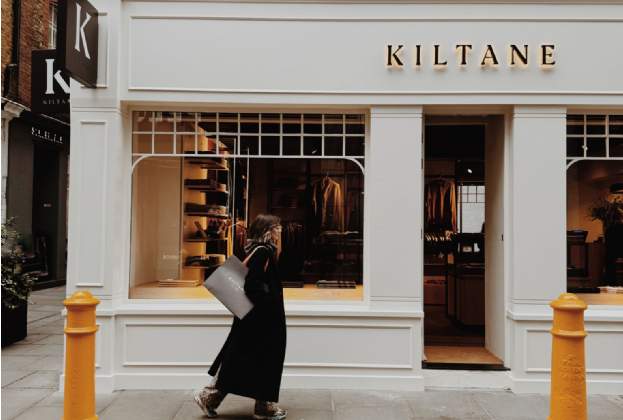


.jpg)
